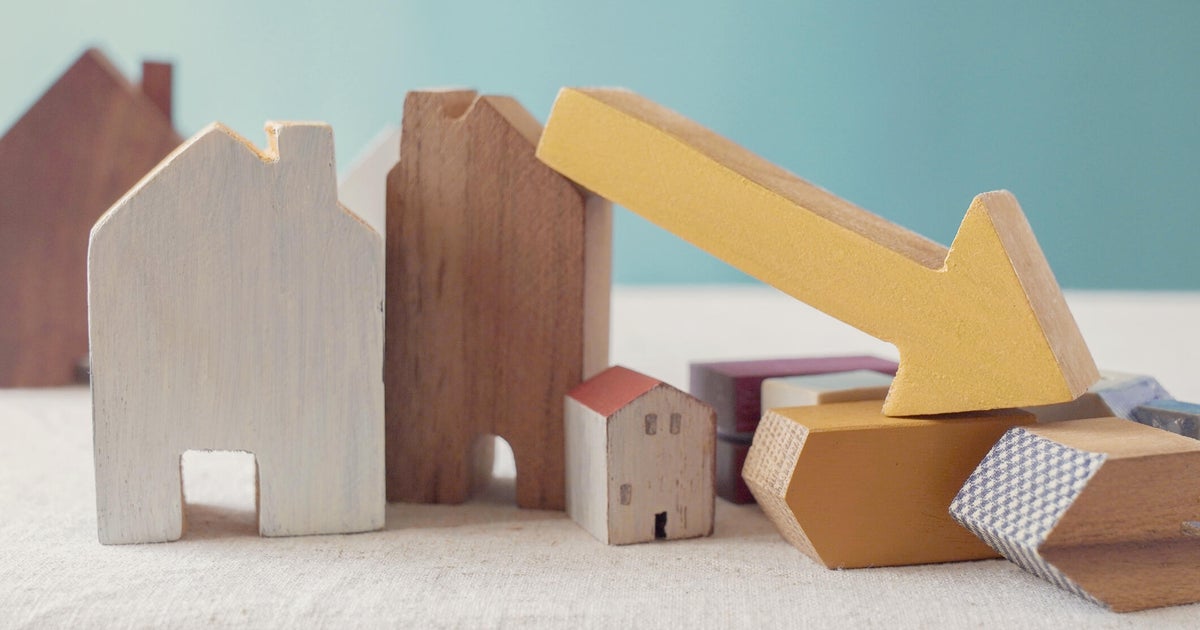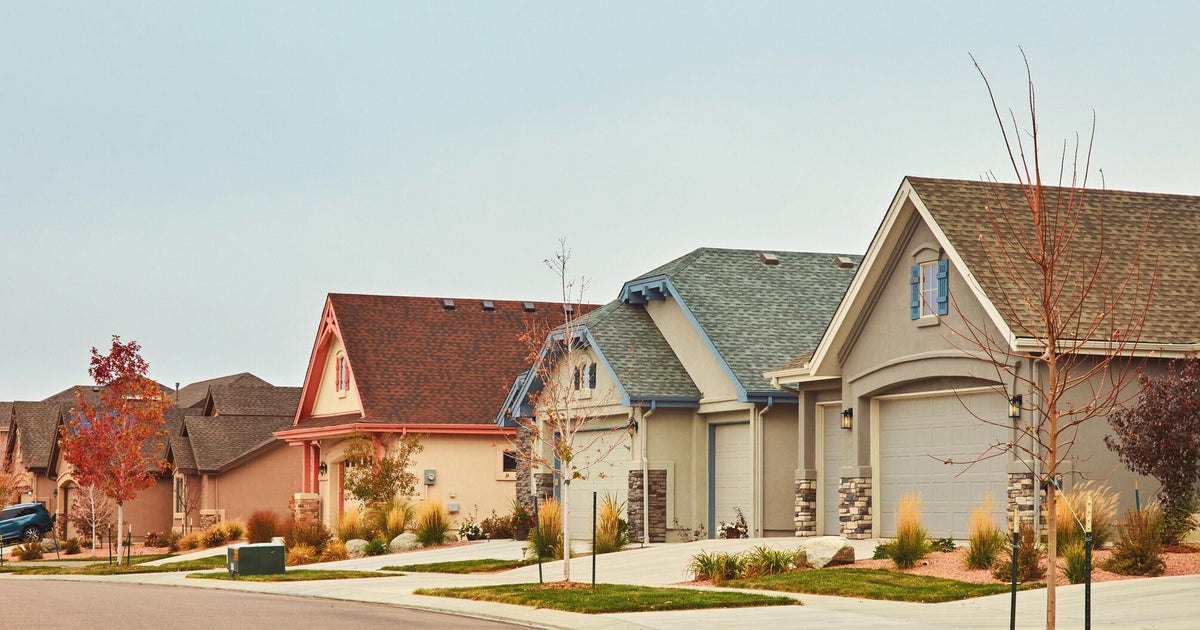15-year vs. 30-year mortgage: Which is better?
Buying a home is a big financial undertaking — one of the biggest most people will make in their lives. It involves a myriad of decisions, from identifying your target neighborhood to deciding how much home you can afford. And when it comes to paying for that home, the mortgage term you choose can make a big difference in your finances for years to come.
The most common mortgage terms are 15 years and 30 years. Each has advantages and disadvantages, and it's important to weigh them carefully to choose the term that best fits your needs and goals.
Check out your mortgage options online now.
15-year vs. 30-year mortgage: Which is better?
To decide which mortgage term you should choose, it's important to first know the benefits and drawbacks of each one.
15-year mortgage: pros and cons
A 15-year mortgage allows you to pay off your loan faster, enabling you to be free of the debt sooner. The payments are usually higher than those of a 30-year mortgage, but the interest rates are lower, which can save you thousands of dollars in interest over the life of the loan. You'll also build equity in your home quicker, which you can use to pay for a number of expenses.
On the downside, the higher payments that come with a 15-year mortgage could put a strain on your finances. This can be difficult to manage if you're on a tight budget or have other expenses you need to prioritize. Additionally, because your monthly payment is higher, you may have to purchase a smaller home or limit your options when house hunting.
Finally, a 15-year mortgage may be harder to qualify for because the payments are higher. You'll typically need a higher income and lower debt-to-income (DTI) ratio than you would for a 30-year mortgage.
30-year mortgage: pros and cons
A 30-year mortgage offers lower monthly payments than a 15-year mortgage, making it easier to afford for many homebuyers. With lower monthly payments, you'll also have more flexibility to save for emergencies, put money into retirement accounts or meet other financial goals.
Income requirements for 30-year mortgages are usually more lenient, making it easier for many people to qualify. And with a lower monthly payment, you may be able to afford a larger home than you could with a 15-year mortgage — although you never want to buy more home than you can comfortably afford.
However, 30-year mortgages come with higher interest rates, which means you'll pay more interest in total than you would with a 15-year mortgage. Because payments are spread out over a longer period, you'll build equity in your home at a slower rate. Also, a 30-year mortgage means you'll have debt for longer, which can be stressful for some homeowners.
See today's top mortgage rates here.
How to choose between a 15-year and 30-year mortgage
So, which is better? The answer to this question depends on your financial situation and priorities.
If you can afford the higher monthly payments and value owning your home outright sooner, a 15-year mortgage might be the right choice for you. If you need lower monthly payments or want more flexibility in your budget, a 30-year mortgage may be a better option.
One thing to remember is that you can always pay extra on your mortgage payments, regardless of which term you choose. This can save you a significant amount of interest and allow you to pay off your mortgage faster. Additionally, you can always refinance your mortgage later on if your financial situation changes or interest rates drop.
Compare mortgage offerings online now.
The bottom line
When it comes to which mortgage term is best for you, there's no one-size-fits-all answer. Both 15-year and 30-year mortgages have their pros and cons, and the right choice depends on your current financial situation, long-term goals and preferences.
If you're unsure which option to choose, speak with a financial advisor or mortgage broker who can provide you with the guidance you need to make an informed decision. And whichever option you choose, remember that it's crucial to stay within your budget so you can afford your payments and enjoy your new home to the fullest.




